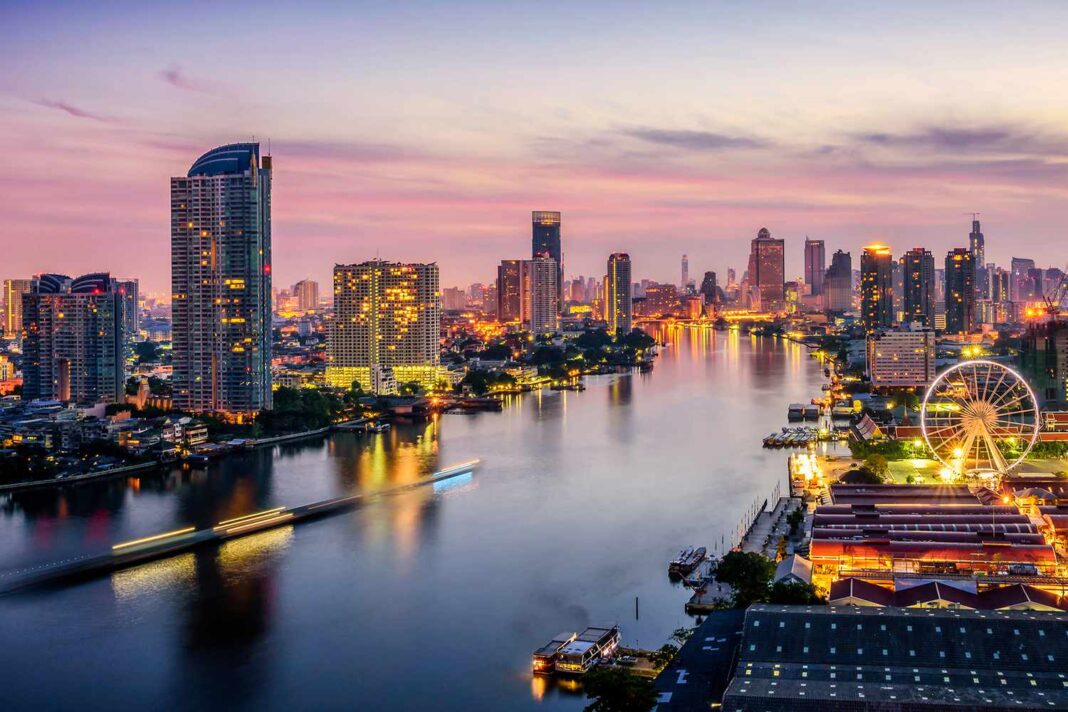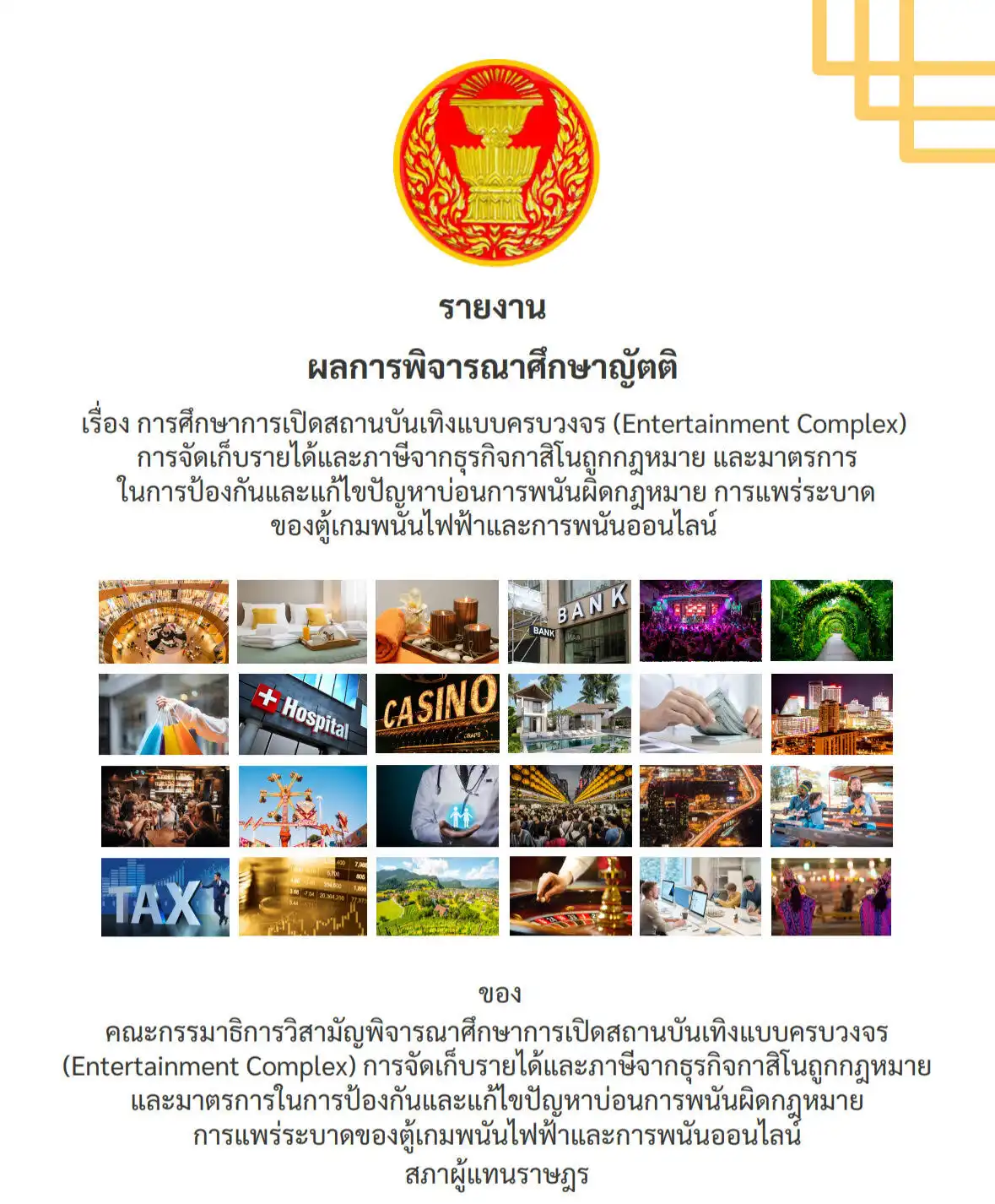Thailand’s casino legislation could occur as quickly as next year, notes expert Daniel Cheng, as he examines the shifting framework of political influence. A progressive stance of the government, with a somewhat unified front, is calming investors looking to capitalize off the change, with questions now on exactly where potential integrated resorts should be located.
Bipartisan support: priceless

Democracies operating within a two-party political system often grapple with gridlock and brinkmanship, as seen in the perpetual legislative stasis within the US Congress due to opposing partisan positions. Enacting laws demands adept negotiation and compromise, especially in the case of contentious issues like gambling, which can be akin to pulling teeth.
Meanwhile, Japan and Thailand’s legislatures face an even more formidable challenge, as they operate under two-coalition systems that necessitate the discovery of common ground within coalition member parties prior to pursuing a bipartisan agreement.
It was, therefore, more than a pleasant surprise when the delicately constructed coalition of ruling and opposition parties in the new Thai Parliament came together to unanimously revive the plan to legalize casino gambling in the kingdom.
A fundamental concept for casino gambling in Thailand had been established by the previous military junta government, aiming to introduce entertainment complexes in the style of integrated resorts in Singapore as a means to future-proof its all-important tourism sector against increasing competition in the region and to counteract rampant illegal underground casino operators.
National elections temporarily halted the rapid progress of these plans, and the presence of a new political party in government, alongside unlikely partners, raised some doubts about whether the push for Thai casinos would see the light of day again.
The winners on Election Day, the Move Forward Party had stepped aside to allow the runner-up, Pheu Thai to form the new government. This twist in the election outcome means that the new Cabinet, led by businessman-turned-politician Prime Minister Srretha Thavisin, will prioritize economic policies akin to those of the billionaire party founder, Thaksin Shinawatra.
Political and social reforms will take a back seat with the Move Forward Party assuming the role of the political opposition. Setting aside party priorities, the new legislature was unanimous in recognizing Thailand’s urgent need to recover swiftly from the economic impact of the COVID-19 pandemic.
Following his appointment, Srretha promptly toured the kingdom’s provinces and unveiled an array of government infrastructure investments, including new highways, airports, and a groundbreaking “land bridge” project that would establish a land-based route connecting the Gulf of Thailand and the Andaman Sea, effectively creating a new trade lane linking the Indian Ocean and the Pacific Ocean.
Additionally, the prime minister embarked on a whirlwind international foreign policy trip, engaging with heads of states and business leaders to promote foreign investments in Thailand.
Making motions
On October 26th, 2023, four motions were raised in the House of Representatives proposing the establishment of a special committee to explore the legalization of integrated entertainment venues featuring casino gambling as a pivotal economic initiative, aiming to combat illegal gambling in the kingdom.
The initial motion was jointly presented by Move Forward Party lawmakers, Kanphong Prayoonsak, a Bangkok MP, and Nont Pisarnlimjaroenkit, an MP from Nonthaburi.
Another motion came from Thoetchat Chaiphong, a representative of a northern district in Chiang Rai and a member of the ruling Pheu Thai Party. These motions were deliberated alongside two others, presented by Move Forward MP Nattacha Boonchai-insawat from Bangkok and Chatchawal Kong-Udom, a list MP from the United Thai Nation Party.
With bipartisan support for this common agenda, the House approved the establishment of an extraordinary committee, which will have 90 days to deliberate and present its plans to the legislature. Similar to the previous committee under the former government, this committee will consist of 60 parliamentary members, including 15 Cabinet ministers.
The remaining 45 members will be appointed proportionally from each political party based on their representation in the House of Representatives, with the largest party, Move Forward, receiving 14 members, Pheu Thai, 13, Bhumjaithai, 6, Palang Pracharath, 4, United Thai Nation, 3, Democrats, 2, and one member each from Chart Thai Pattana, Thai Sang Thai, and Prachachart parties.
Attracting capital investment
Chatchawal was one of the original proponents in 2021 when he submitted a motion to legalize casinos for tax revenue generation. Subsequently, a total of nine motions in the House culminated in a comprehensive 203-page parliamentary report, which was the outcome of 20 months of deliberation by the previous extraordinary committee on entertainment complexes.
The report proposed the establishment of entertainment resorts in Thailand’s north, south, east, west, and central regions, with the potential for medium to large-scale resorts to attract capital investments ranging from $1 to $4 billion.
Chatchawal asserted that the tens of thousands of jobs created by these entertainment complexes would offer employment opportunities for some of the over 1 million Thai migrant workers employed in various countries worldwide.
This was especially significant in light of the recent conflict between Israel and Hamas, which resulted in the tragic loss and abduction of many Thai workers in Israel.
Location, location, location

The Bangkok metropolitan region seems certain to host one of these new entertainment complexes if the law is passed. The same can be said for the key southern provinces’ tourism belt, which is further validated by PM Srettha’s approval of core transportation infrastructure projects in these regions.
The main Suvarnabhumi International Airport is set to receive a new terminal, increasing its annual capacity from 45 million to 60 million passengers. Phuket will see significant tourism infrastructure improvements, including a second airport and new highways, with an investment exceeding $4 billion. The neighboring Phangnga province is allocated $2 billion for a new international airport, while the current airport in Krabi will also undergo expansion.
The northeast region is also a likely candidate for entertainment complexes, given that parliamentary representatives from the region have consistently supported such projects. Additionally, the region is a crucial voting bloc for not only the ruling Pheu Thai Party but also the main opposition Move Forward Party.
The latter too will endorse the establishment of entertainment complexes in the eastern seaboard area, which has now become an MFP stronghold after the last election. The new government is also likely to support this, given that it was a significant economic and industrial development initiative of former Prime Minister Prayut, whose party is part of the government’s coalition and has pledged to continue the development of the Eastern Economic Corridor.
Given the pace of progress in Thailand, casino legalization could potentially occur before the end of 2024, making it a real possibility for the first Thai entertainment complex to open before Japan’s inaugural integrated resort in Osaka.
























